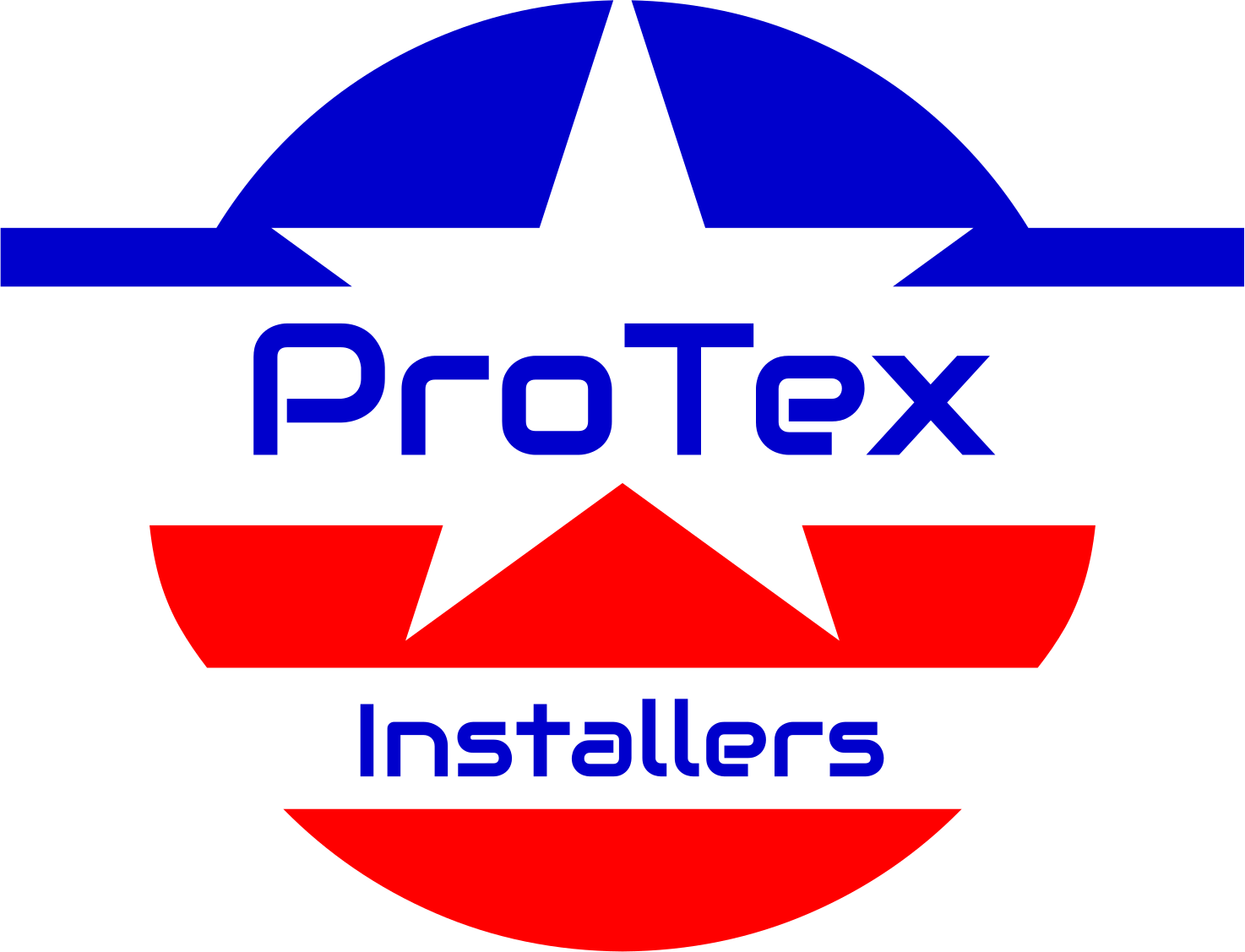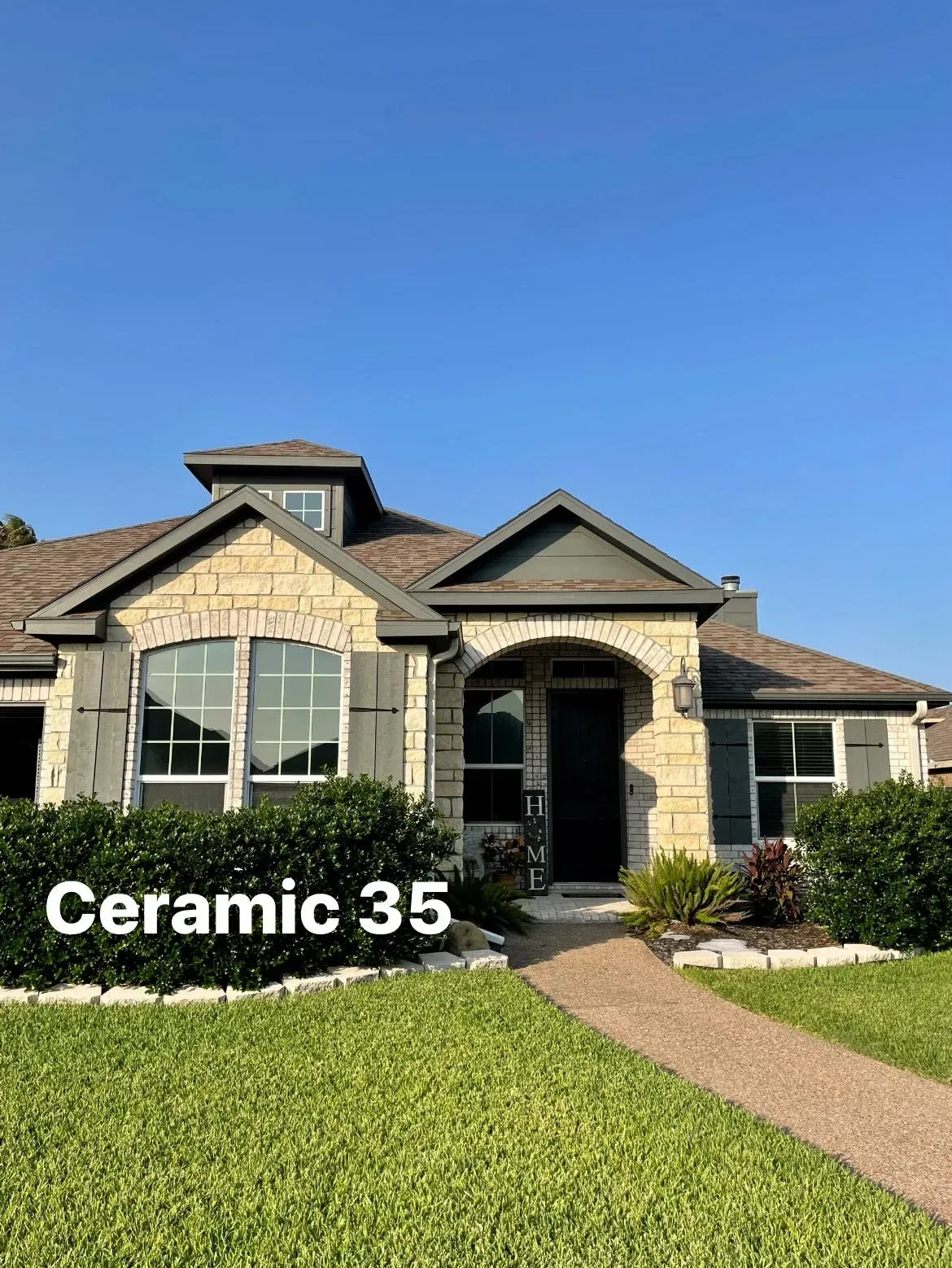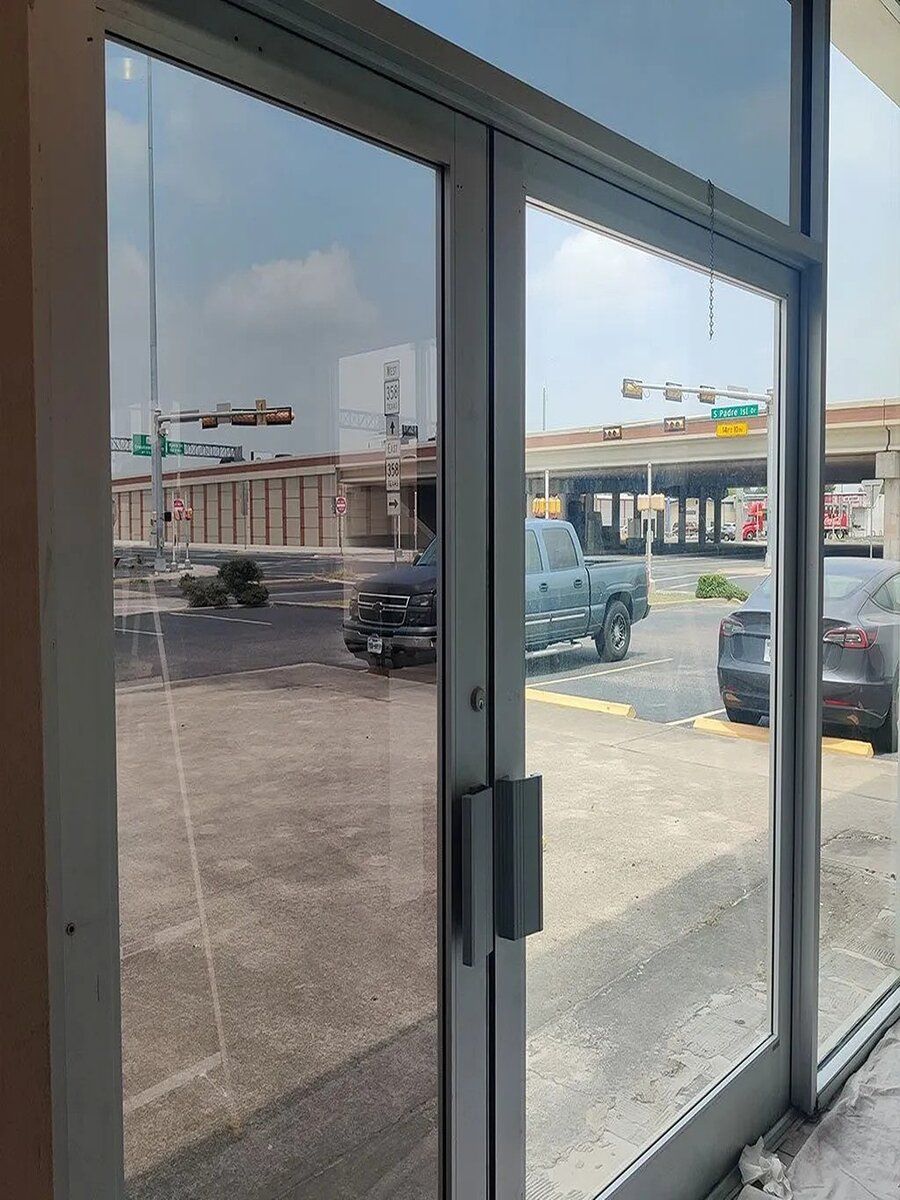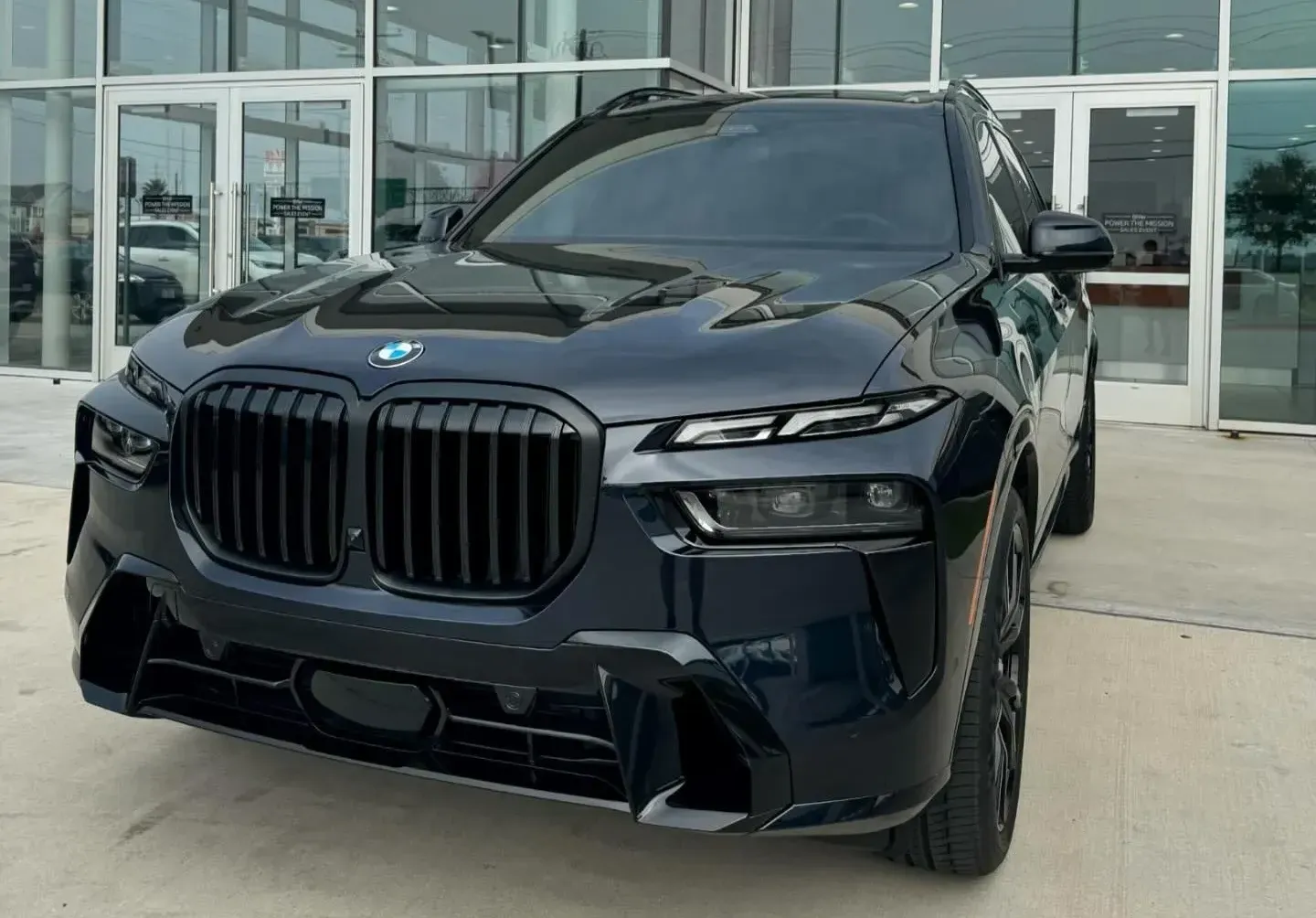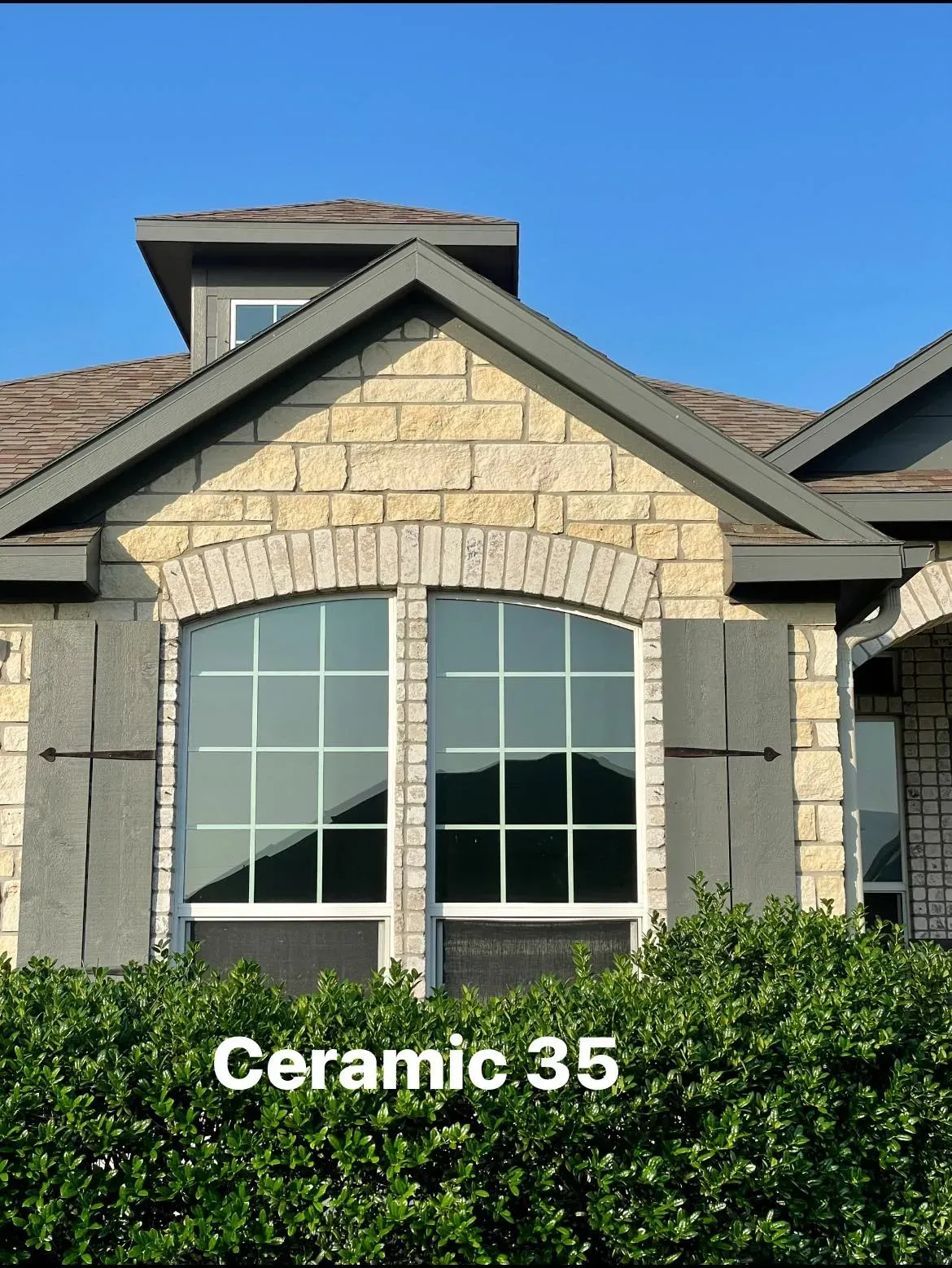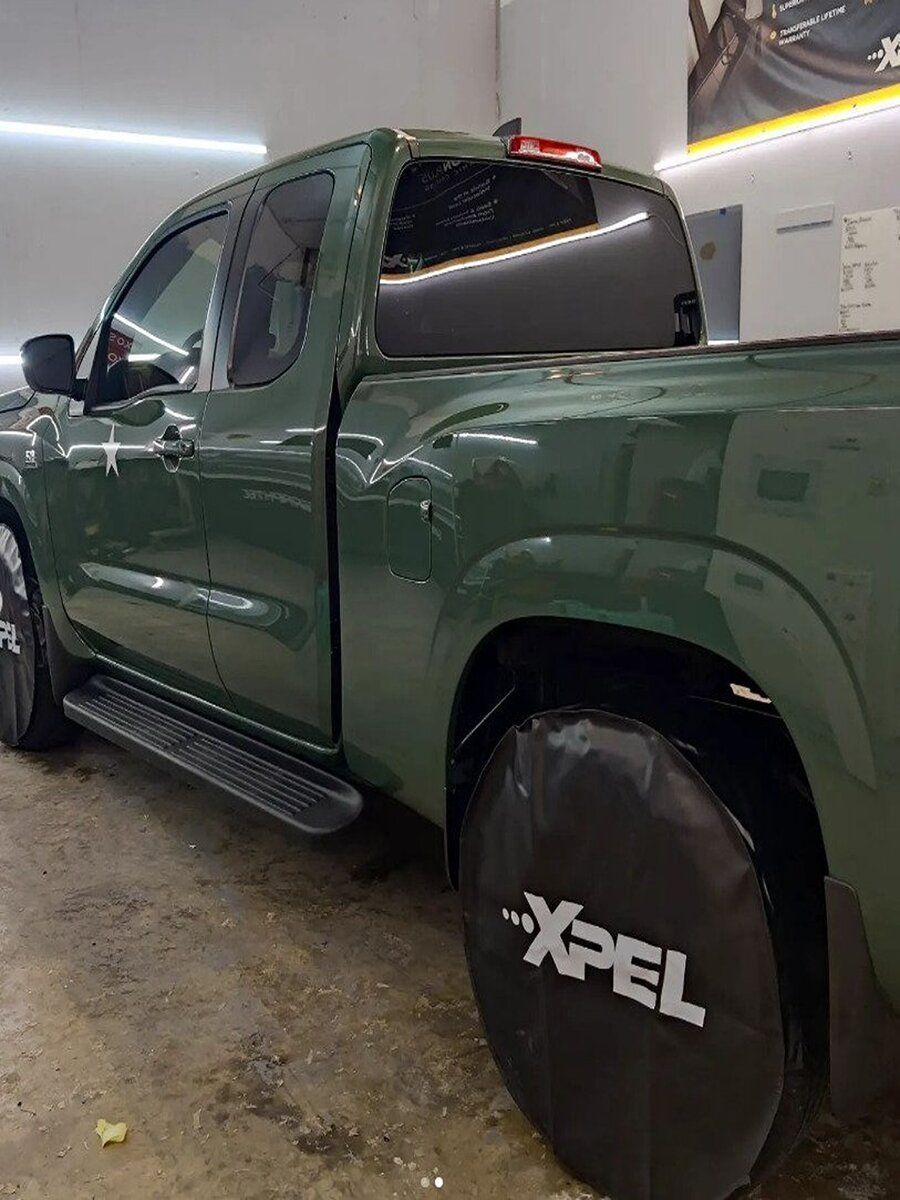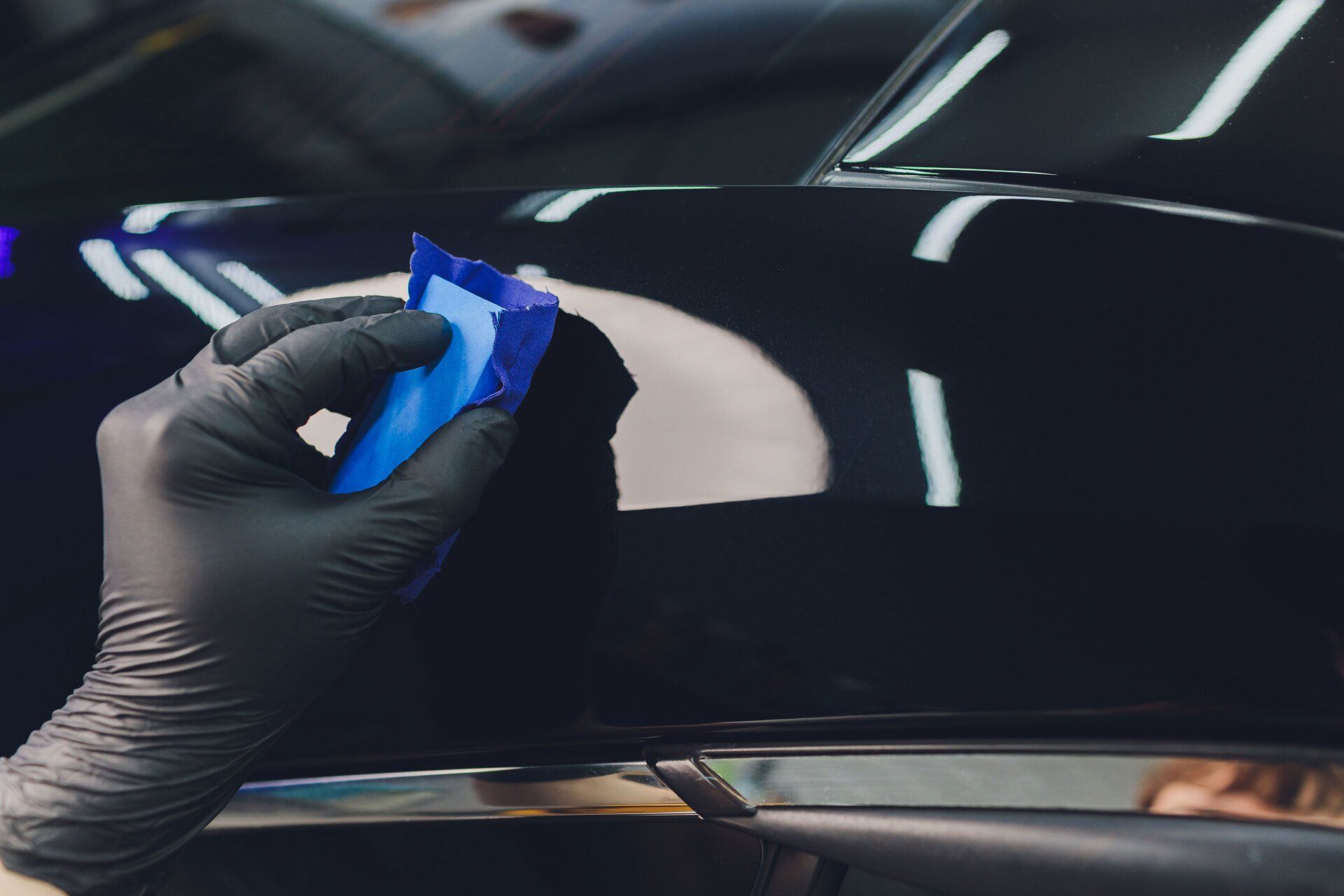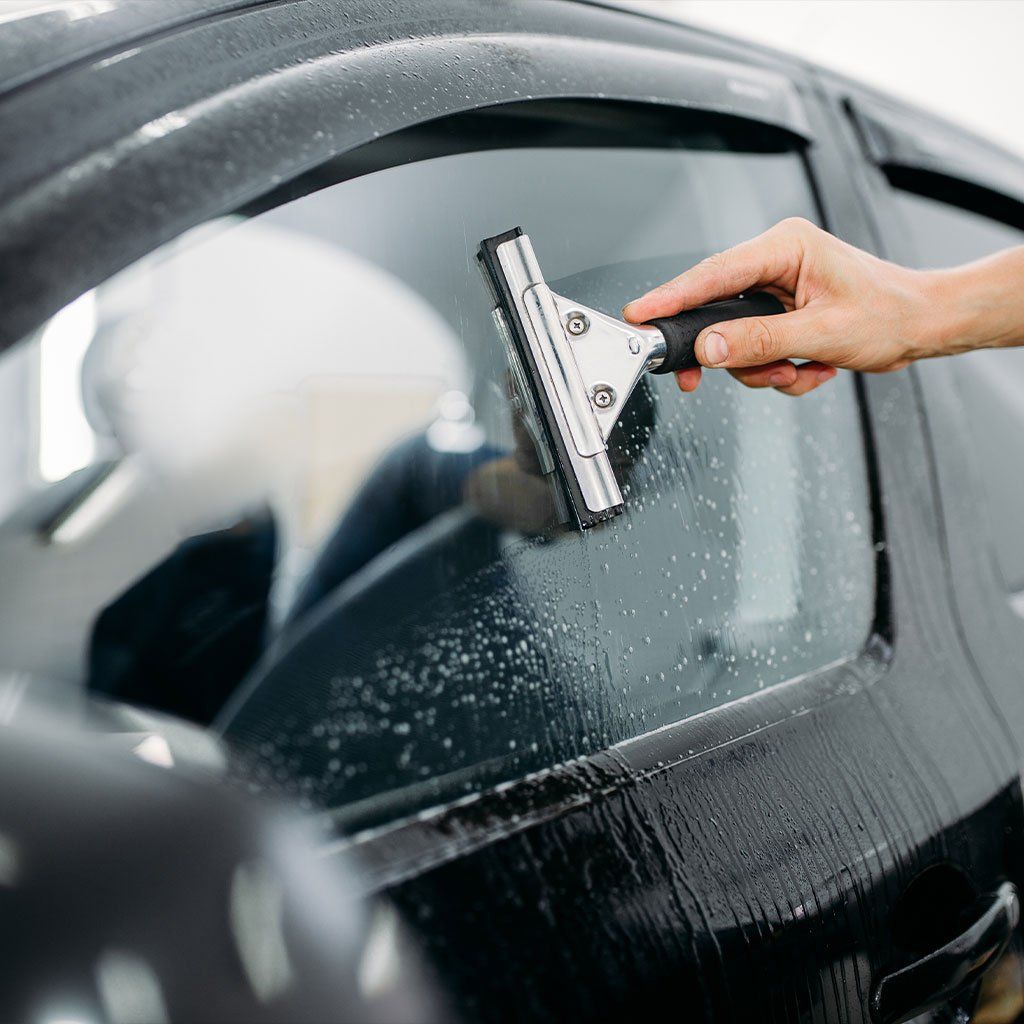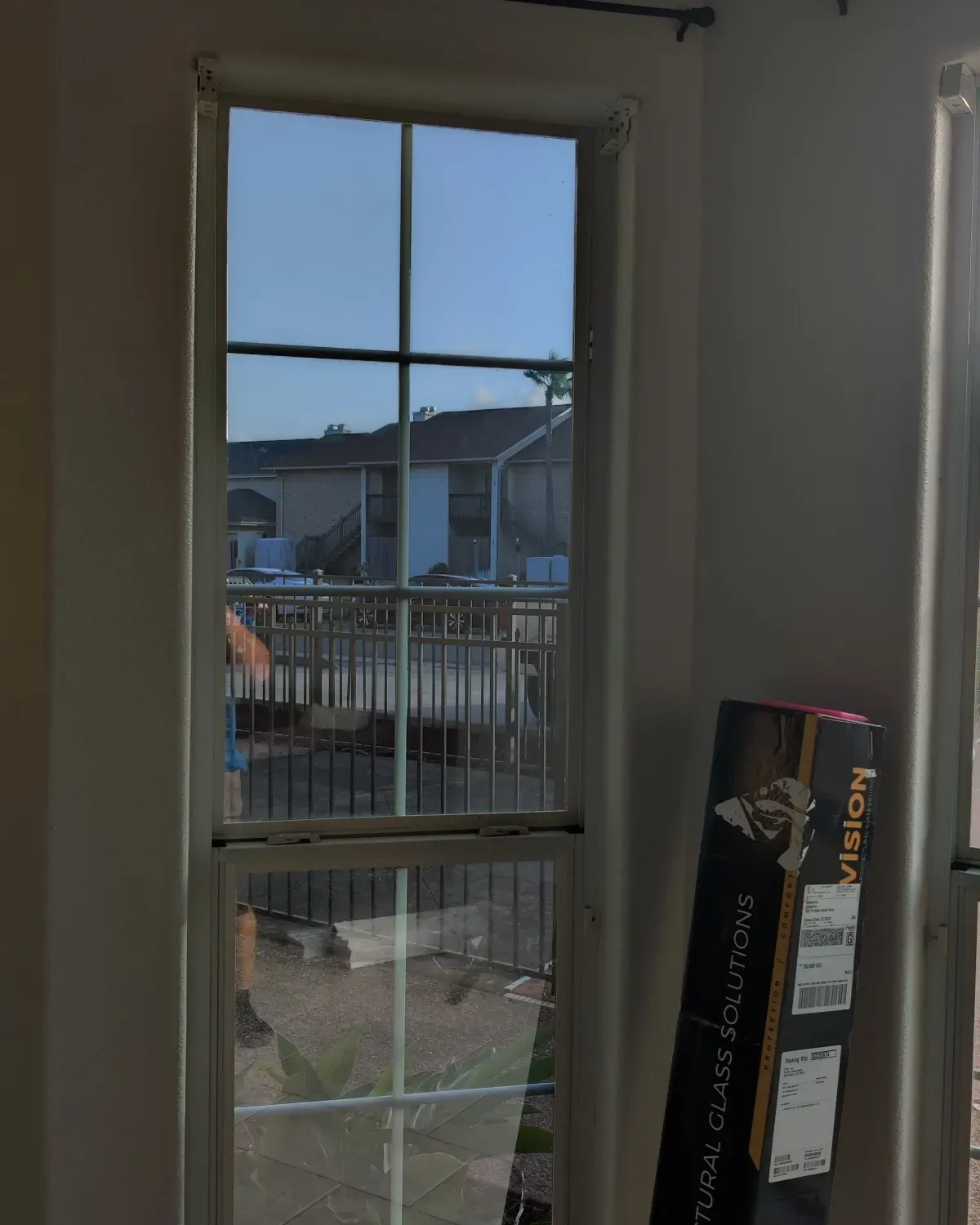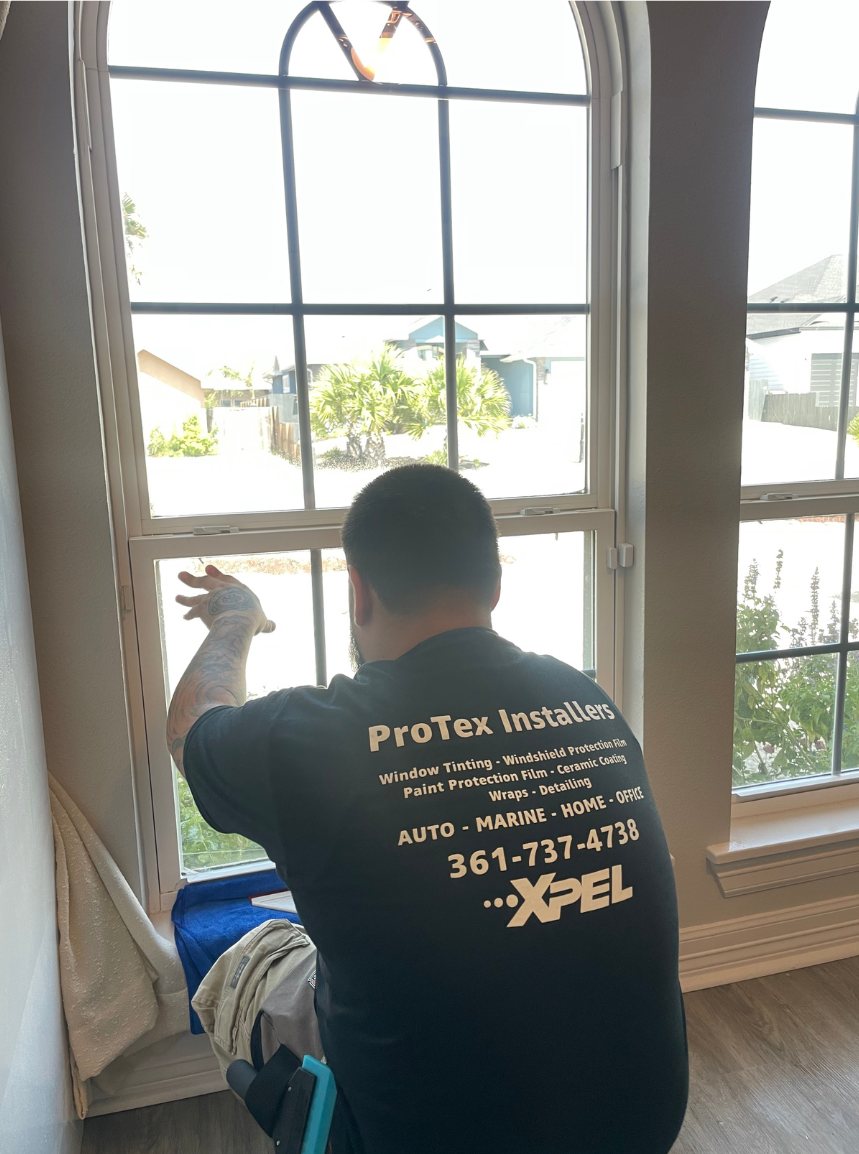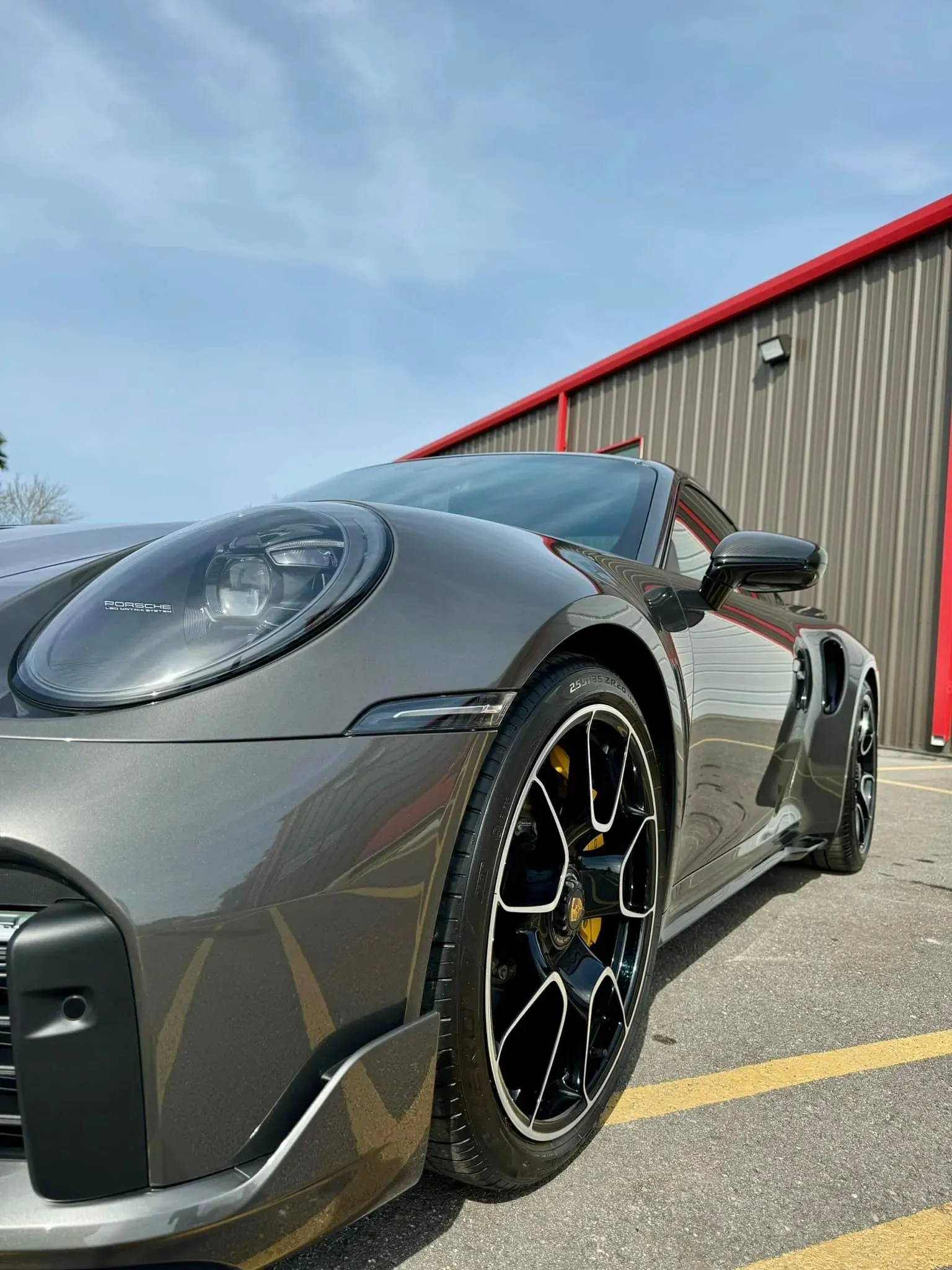PPF vs. Vinyl Wrap: A Comprehensive Comparison for Your Car
Choosing between Paint Protection Film (PPF) and vinyl wrap can feel overwhelming. As a car enthusiast who understands the value of maintaining a vehicle’s look while safeguarding your investment, knowing which option delivers both protection and aesthetics is crucial. With this comprehensive guide, we’ve thoroughly researched and compared every aspect—cost, durability, ease of maintenance—to help you make an informed decision. Let’s discover the differences between PPF and vinyl wrap!
When deciding between PPF and vinyl wrap for your car, many prioritize PPF for its superior durability and protective properties. PPF provides a higher level of defense against rock chips, scratches, and environmental elements, making it the preferred choice for long-term vehicle protection.
PPF vs. Vinyl Wrap: Overview
Paint Protection Film or PPF is a thicker shield than vinyl wrap, providing durable defense against road debris. It acts as invisible protection, taking the hit so your car's paint doesn't have to. Originally developed by 3M for military applications, PPF has been refined for use in the automotive industry. Your vehicle's paint needs protection, much like its skin. PPF shields your car from rock chips, bug splatter, minor scratches, and other types of abrasions without altering the appearance.
What is PPF?
Paint Protection Film, commonly known as PPF or clear bra, is a transparent, elastomeric polyurethane film applied to a vehicle's painted surfaces. Originally designed by 3M for military use, PPF protects against rock chips, debris, and minor scratches without altering the vehicle's appearance.
Vinyl wraps differ greatly from PPF. While they also protect your car's paintwork, their primary purpose is to change the color or finish of your vehicle, much like a new coat of paint but without permanence. They're used specifically for aesthetic customization and are especially popular in the car modification world due to their ability to transform a vehicle's appearance dramatically.
What is Vinyl Wrap?
Vinyl wraps, made from polyvinyl chloride (PVC), are used to change the color or finish of a vehicle. They can be customized with various textures and patterns, offering nearly unlimited design options. While not as protective as PPF, vinyl wraps are popular for aesthetic modifications.
So while both PPF and vinyl wraps offer protective benefits such as shielding your car from scratches, road debris, and minor abrasions, they serve different primary purposes: PPF prioritizes protection while keeping the original look of your vehicle intact, whereas vinyl wraps provide versatile possibilities for customizing colors and designs
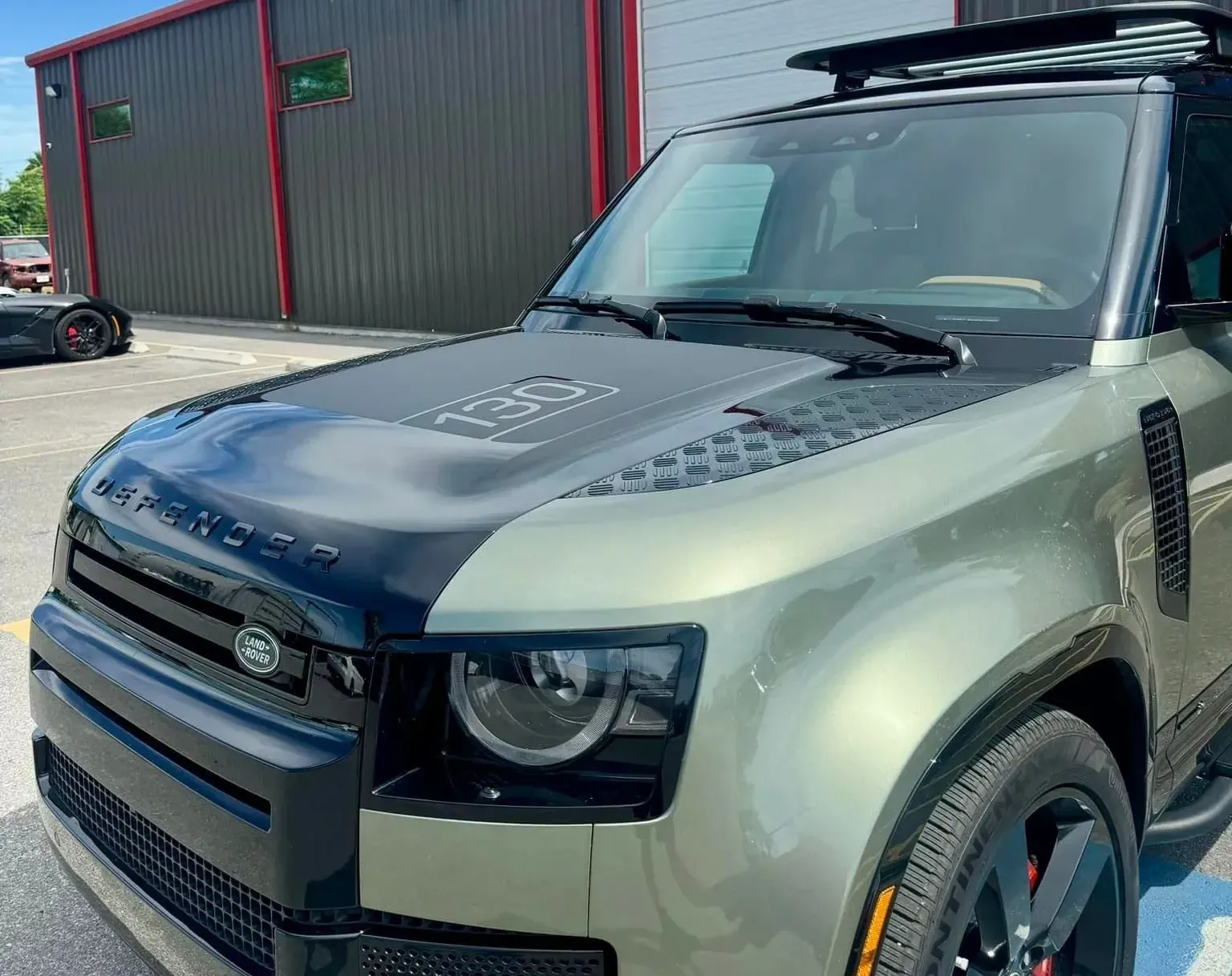
Benefits of PPF
When it comes to preserving the finish and integrity of your car, there are several benefits of PPF:
Superior Protection: PPF acts as a shield for your car's paint, providing outstanding protection against physical impacts, scratches, and minor abrasions. It acts as a reliable barrier between your car's exterior and the hazards of everyday driving.
Self-Healing Properties: Premium quality PPF is equipped with self-healing properties that allow minor scratches to vanish when exposed to heat, whether it's from sunlight or warm water. This means that superficial blemishes are no match for the restorative capabilities of PPF.
UV Resistance: PPF not only protects against physical damage but also effectively blocks UV rays that can cause paint oxidation and fading over time. By acting as a barrier against harmful ultraviolet radiation, it maintains the original appearance of your car's paint for longer periods.
Benefits of Vinyl Wrap
Vinyl wraps also come with unique benefits that set them apart as a popular choice for car customization:
Extensive Customization: Vinyl wraps offer an extensive range of customization options, including colors, textures, and finishes, allowing for truly unique and personalized designs that cater to individual tastes.
Cost-Effective Redesign: Unlike a full repaint, vinyl wraps are a more cost-effective option for achieving a new look for your vehicle. They can be easily removed or replaced, providing the freedom for frequent design changes without incurring the high costs associated with traditional painting methods.
Partial Coverage Flexibility: Vinyl wraps offer the flexibility to wrap specific parts of the vehicle, such as the roof, hood, or mirrors, independently, allowing for customized design solutions without committing to a complete vehicle wrap.
Understanding these specific benefits now gives you insightful knowledge on how each option suits different needs—whether it's about durability, cosmetic appeal, or design flexibility. These distinct advantages provide a clear picture of what PPF and Vinyl Wrap can bring to the table when considering protection and customization for your car.
Cost Analysis: PPF vs. Vinyl Wrap
When deciding between paint protection film (PPF) and vinyl wraps for your car, considering the cost implications is crucial. The price difference between the two options can heavily influence your decision-making process.
The average cost of professional PPF installation can range from $900 to $7,500 or more. This wide price range is impacted by several factors, such as the size of the coverage area and the quality of the film used. For instance, a full-body PPF application will naturally cost more than a partial or custom application. Additionally, higher-grade films from reputable brands may come with a higher price tag due to their advanced protective qualities and longevity.
On the other hand, vinyl wraps are generally more affordable than PPF, with prices typically ranging from $1,500 to $3,000 or more depending on the make and model of your car for a complete vehicle. If you opt for a partial vinyl wrap to customize specific areas of your car, the cost can be between $500 and $1,500. This wide availability of customizable options affords you flexibility in choosing how much of your vehicle you’d like to wrap according to your budget and styling preferences.
It’s important to note that while PPF involves a higher upfront investment compared to vinyl wraps, the long-term protective benefits it offers can justify the initial expenditure. PPF shields your car’s paintwork from road debris, scratches, UV damage, and chemical stains. This protective layer not only maintains the aesthetic appeal of your vehicle but also contributes significantly to preserving its resale value over time.
On the other side of the spectrum, vinyl wraps are an attractive choice for individuals seeking budget-friendly aesthetic customization for their cars. However, it falls short in terms of comprehensive protection when compared to PPF. Vinyl wraps prioritize visual enhancements and graphic designs rather than providing extensive protection against external elements.
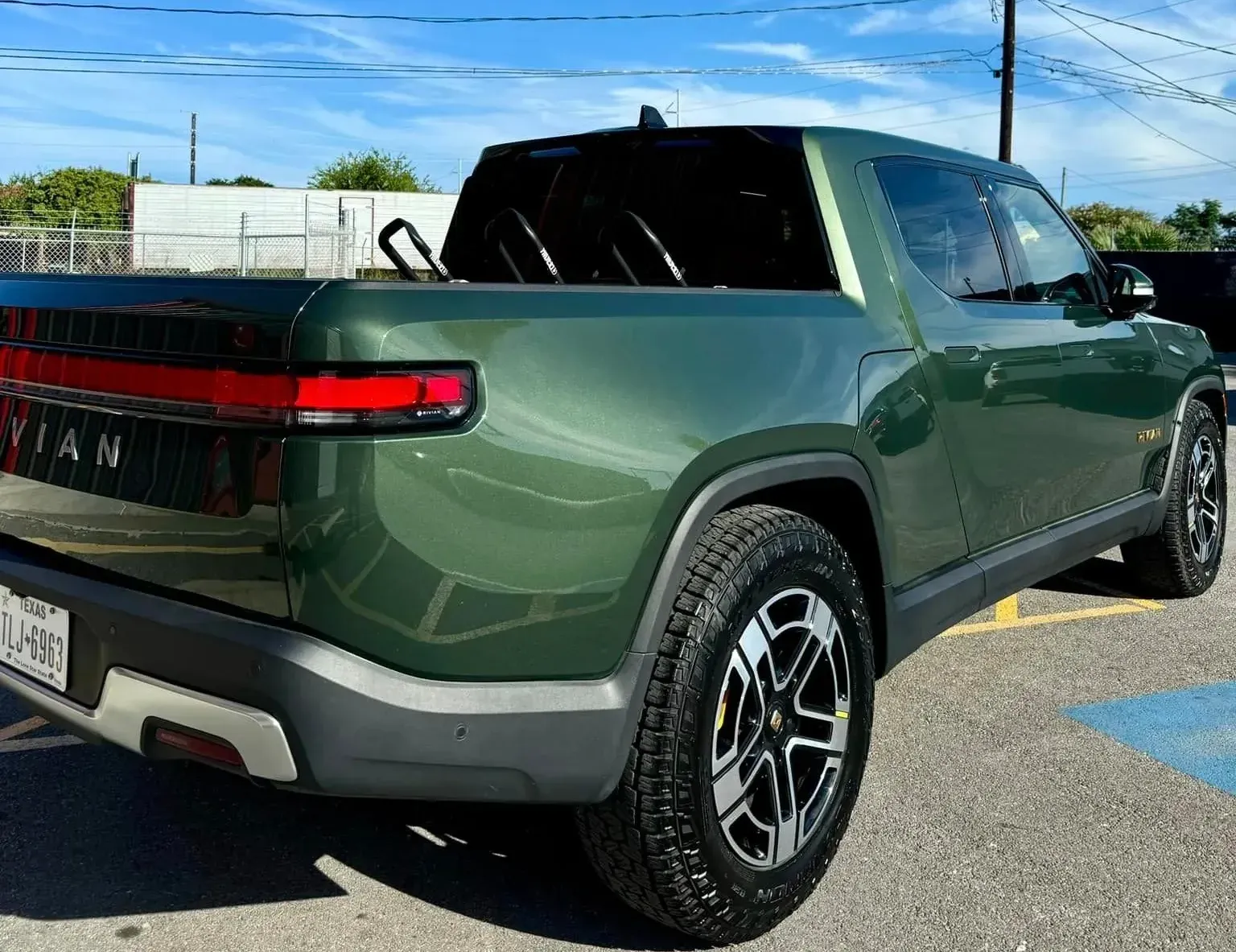
Durability and Lifespan
When considering protection for your car, the duration becomes a paramount factor. Not all car protection options are constructed to endure, so it's critical to weigh longevity when making a decision. Let's start by examining the lifespan of PPF.
Lifespan of PPF
High-quality PPF options, such as those provided by XPEL, can withstand the test of time. With proper care and regular maintenance, it's not uncommon for PPF to protect a vehicle for up to 10 years or more. This remarkable lifespan provides long-lasting protection against minor abrasions and harsh environmental conditions that could otherwise damage your vehicle's paint over time. Whether it's road debris or other environmental hazards, PPF excels at shielding your car's exterior with lasting resilience.
Given the long duration of protection that PPF provides, it offers a valuable investment for those seeking to safeguard their vehicle not just in the short term but for many years down the road.
Lifespan of Vinyl Wrap
Compared to PPF, vinyl wraps typically have a shorter lifespan, usually lasting between 3 and 5 years depending on factors such as exposure to environmental elements and maintenance routines. This relatively limited lifespan is primarily due to the nature of vinyl material, which may be less resistant to prolonged exposure to sun, rain, and other weather conditions.
Vinyl wraps are generally less durable than PPF and are more prone to peeling or fading over time. The adhesive used to secure vinyl wraps may degrade over time, leading to potential lifting or detachment from the vehicle's surface. Therefore, while vinyl wraps offer a cost-effective way to personalize your car's appearance in the short term, they may require more frequent replacement in order to maintain a fresh look and adequate protection.
Installation Differences
When it comes to installing PPF and vinyl wraps, precision is key. Both demand careful attention to detail and a good eye for application. Let's start by breaking down the process for PPF.
PPF Installation Process
The process of installing PPF involves multiple steps, making it a meticulous undertaking. Firstly, the surface of the car needs to be thoroughly prepped to ensure a clean, smooth base for the film to adhere to. Then begins the precise application of the film itself. Any air bubbles or imperfections can compromise the protective capabilities of the film, so it's crucial that this step is performed with professional expertise. After the film is applied, there is often a post-installation curing process, which sets and seals the film for long-lasting protection and durability.
On the flip side, vinyl wrap installation is a somewhat simpler process but still requires skilled hands for precise application and best results.
Vinyl Wrap Installation Process
Before applying vinyl wrap to a vehicle, proper cleaning and care are essential. Once cleaned, the vinyl is carefully applied to the vehicle's surface with an emphasis on achieving an even and smooth placement. To secure the vinyl effectively, heat guns are used to ensure optimal adhesion.
For professional installation of both PPF and vinyl wraps, seeking certified services is highly recommended to guarantee high-quality results.
If you're in need of expert installation for your PPF, ProTex Installers offers certified services that ensure exceptional results. Visit Protex Installers to explore your options and book an appointment for top-notch automotive protection installation.
